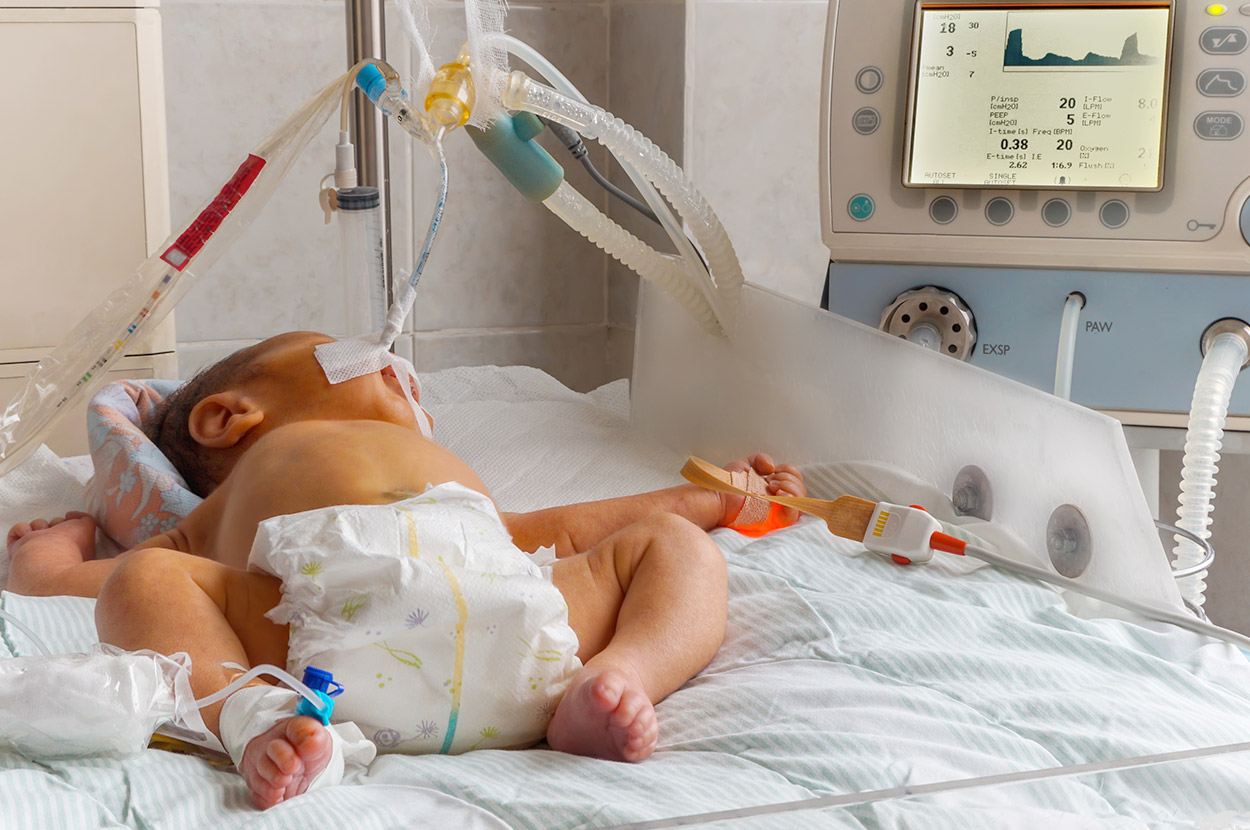Get A Free Legal Consultation
- We fight to maximize your results
- No out-of-pocket costs
- Over $10.6 billion recovered for families



On July 19, 2006, the FDA issued a public health warning and urged the manufacturers of certain SSRI-antidepressants to change their prescribing information to describe the potential risk of PPHN.
The FDA warns that infants exposed to SSRIs during the first trimester who have developed respiratory complications requiring prolonged hospitalization, respiratory support, and tube feeding and may be at risk for Persistent Pulmonary Hypertension of the Newborn (PPHN).
Simmons Hanly Conroy is no longer accepting SSRI cases.
If you or a loved one is currently taking any of the drugs above, talk to a doctor before discontinuing use. Always discuss the benefits and risks of discontinuing use of any medication with a physician.
Millions of women use antidepressants and, lacking adequate warnings from pharmaceutical manufacturers, continue to take the drugs while they are pregnant. One particular class of antidepressants – called selective serotonin reuptake inhibitors (SSRI) – has been linked to serious birth defects when taken during pregnancy. Some of these drugs include:

Celexa
Celexa is the brand name of an oral medication used to treat depression. It belongs to a group of prescription drugs called selective serotonin reuptake inhibitors, SSRIs, which work to manipulate serotonin absorption in the brain so that a better balance of serotonin (known to improve mood) is established.
Cipralex
Cipralex (escitalopram) is an antidepressant medication belonging to a group of drugs called selective serotonin reuptake inhibitors (SSRIs). SSRIs keep the brain from absorbing too much serotonin. More serotonin in the brain has been shown to improve mood. Cipralex is available in pill or liquid forms.
Effexor
Effexor (or venlafaxine) is an antidepressant in a class of drugs known as selective serotonin reuptake inhibitors (SSRIs). SSRIs manipulate the serotonin in the brain by stopping the brain from absorbing too much. More serotonin in the brain has been shown to improve mood.
Luvox
Luvox (fluvoxamine) is an antidepressant in a class of drugs known as selective serotonin reuptake inhibitors (SSRIs). SSRIs stop the brain from absorbing too much serotonin. Serotonin left unabsorbed in the brain improves mood.
Paxil
The Mayo Clinic explains that SSRIs work to block some of the brain cells’ reabsorption (or reuptake) of serotonin, leaving more serotonin in the brain. More serotonin in the brain has been shown to improve mood. The drug sold under the brand name Paxil (with the generic name Paroxetine) is an SSRI.
Prozac
Prozac (fluoxetine) is the brand name of an oral medication used to treat depression. It belongs to a group of drugs called selective serotonin reuptake inhibitors or SSRIs. According to the Internet site Drugs.com, “Prozac affects chemicals in the brain that may become unbalanced and cause depression, panic, anxiety or obsessive-compulsive symptoms.” Prozac better balances the chemicals, namely serotonin, in the brain. More serotonin in the brain has shown to improve mood.
Remeron
Remeron is the brand name of an oral antidepressant medication. It belongs to a class of drugs called selective serotonin reuptake inhibitors, or SSRIs. Remeron balances out the chemicals in the brain thought to elevate mood, which are norepinephrine and serotonin.
Zoloft
Zoloft (sertraline) is the brand name of an oral antidepressant medication. It belongs to a class of drugs called selective serotonin reuptake inhibitors or SSRIs. Zoloft and other SSRIs work to balance the chemicals in the brain that affect mood.
SSRIs have been linked to Persistent Pulmonary Hypertension in Newborns (PPHN), sometimes called “Persistent Fetal Circulation.” PPHN is a very rare, but life-threatening, condition, and occurs immediately at birth when a baby takes her first breath. When healthy babies take their first breaths, their blood pressure falls and blood flow to the lungs increases. Carbon dioxide and oxygen are exchanged, and the oxygen rich blood is returned to the rest of the body. The ductus arteriosus constructs and permanently closes. In babies with PPHN, however, the pressure in the lungs remains high and the ductus arterious remains open, causing blood to flow away from the lungs.
The good news about PPHN is that it can be treated to alleviate the immediate symptoms. These babies can appear normal after treatment. Unfortunately, the bad news is that every second their organs lacked oxygen could have caused serious damage, which may not show up for several months.
Other bad news about PPHN is that many children who have PPHN-related symptoms at birth may later experience marked developmental delays.
